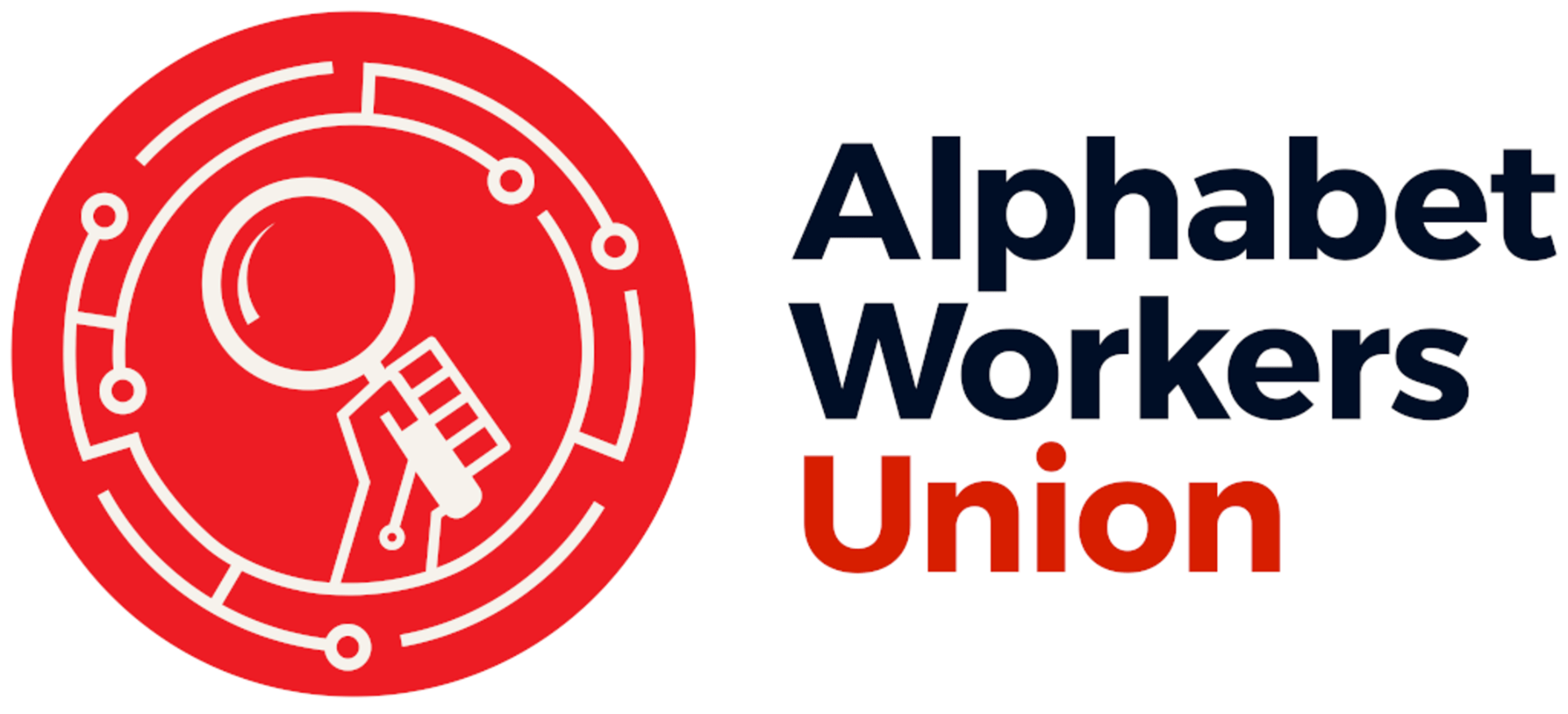By: Peter Shanley
On January 4th, 2021, after a year of secretly organizing, the Alphabet Workers Union revealed itself to the world. Traditionally, Silicon Valley has been steadfast in their anti-union sentiment, so the formation of this organization is a watershed moment for unionization in the tech industry. Unionization in Silicon Valley has been delayed not just by this sentiment, but by the fact that the tech industry is made up of a largely white-collar workforce who are not the traditional unionizers.
This movement has been sparked by increasing demands by employees at all levels of Google’s corporate structure for policy overhauls on employee pay, as well as accusations of harassment in the workplace. Google has also faced allegations from its employees over ethical violations in their dealings with other entities such as the United States military.
The tension between top Google executives and their employees has been building within Google for approximately two years now as Google has gradually closed doors on various policies that promoted transparency within the company. For example, in February 2019 Google modified its “TGIF” program which consisted of weekly town halls held on Fridays, where employees were given a chance to talk with management about plans for the future of the company.
Now instead of weekly meetings they have been reduced to a monthly schedule and are limited to a focus on “product and business strategy” instead of any concerns relating to politics. Some of the main political concerns for Google employees have been the contracts the company has had with government entities like the United States Citizenship and Immigration Services (“USCIS”) and the Chinese government. Employees were concerned about Google creating a cloud-based data service for the USCIS that would have assisted in the Trump Administration’s immigration policies as well as the development of censored search engines for the Chinese government.
Also, Google revised its community guidelines to reflect the belief that there is no room in the workplace for, “a raging debate over politics or the latest news story”. Pre-COVID-19 there were also instances of Google attempting to shut down in person rallies to discuss corporate failures. Most telling of all is the fact that Google hired a consulting firm that specializes in suppressing unions. All of these incidents led to the creation of the Alphabet Workers Union who are currently dealing with the concerning question: if Google’s most sought-after white-collar professionals cannot maintain some element of control over their employer, who can?
The Alphabet Workers Union has affiliated itself with the Communications Workers of America, the largest communications and media labor union in the United States. The Union has filed its first formal complaint with the National Labor Relations Board relating to violations of United States labor laws by the Google vendor company Adecco. The complaint alleges that management at a South Carolina data center have suppressed discussions on employee pay and fired a data technician because of a pro-union Facebook post.
The Union also hopes to address the issues that YouTube has had with successfully monitoring right wing political extremism and white supremacy. The Union is going to advocate for other issues such as implementing and maintaining policies concerning environmental protections and anti-discrimination within the workplace. As for an overall strategy, the Alphabet Workers Union is not seeking collective bargaining with Alphabet management, because under United States labor law it would be a very difficult thing for contract workers to secure. Instead, the Union plans on fostering collective action and protests such as walkouts to force changes at the company.
This strategy will also allow them to include contracted workers within their ranks, a group the Union has identified as being particularly disadvantaged in the Google corporate structure. As of today, the Union has over 800 signed members and is growing. While this is only a small percentage of Google’s almost 140,000 employees, it is a start.
Student Bio: Peter Shanley is currently a 2L at Suffolk University Law School and graduated from Providence College in 2019 with a B.S. in Political Science and Global Studies.
Disclaimer: The views expressed in this blog are the views of the author alone and do not represent the views of JHTL or Suffolk University Law School.

